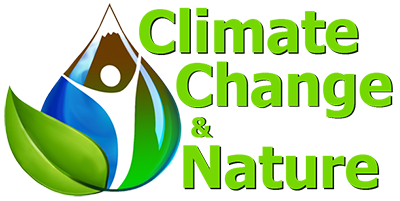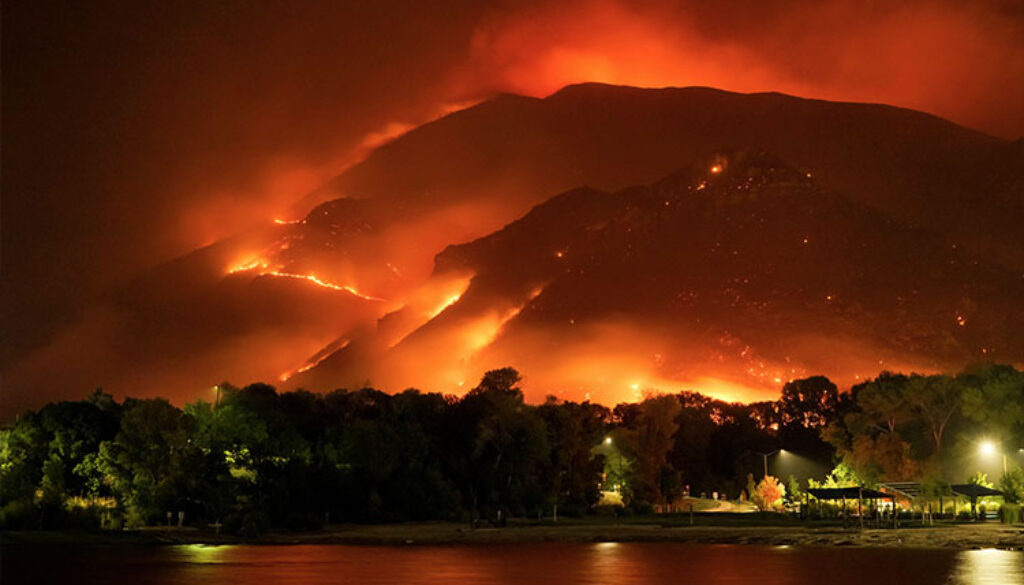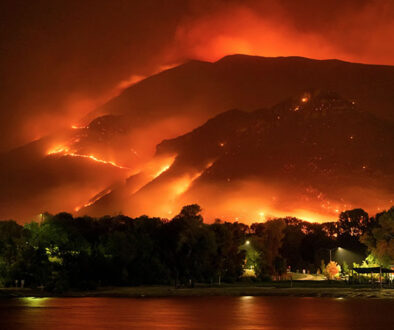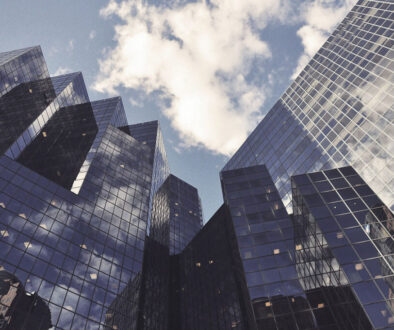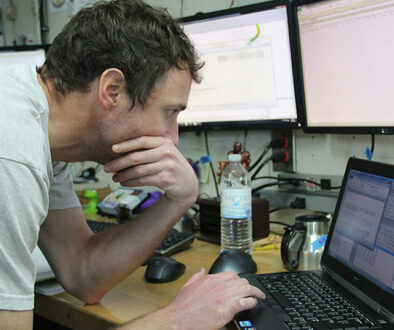Fear and Wonder podcast: how scientists attribute extreme weather events to climate change
Podcast hosted by: Joelle Gergis, Australian National University and Michael Green, The Conversation
Interviewed: Honorary Professor, The University of Melbourne; Senior Lecturer in Climate Science, Imperial College London, Physics Professor, University of the West Indies, Mona Campus
This article is republished from The Conversation under a Creative Commons license. Read the original article.
But when an extreme weather event hits, how certain can we be that it was made more likely by climate change? How do we know it wasn’t just a rare, naturally-occuring event that might have happened anyway?
Fear & Wonder is a new podcast from The Conversation that takes you inside the UN’s era-defining climate report via the hearts and minds of the scientists who wrote it.
The show is hosted by Dr Joëlle Gergis – a climate scientist and IPCC lead author – and award-winning journalist Michael Green.
In this episode, we’re delving into one of the major shifts in the public communication of climate change – the attribution of extreme weather events to climate change.
Although in the past we knew climate change was making extreme weather more likely, advances in climate modelling now allow scientists to pinpoint the influence of natural and human-caused factors on individual weather extremes.
We speak to climatologist Dr Friederike Otto about a rapid attribution study of a heatwave in Toulouse, France, as it unfolded in 2019. We also hear from climatologist Professor David Karoly to help us understand how climate models actually work, while Professor Tannecia Stephenson explains how global models are then used to develop regional climate change projections over the Caribbean island of Jamaica.
To listen and subscribe, click here, or click the icon for your favourite podcast app in the graphic above.
Fear and Wonder is sponsored by the Climate Council, an independent, evidence-based organisation working on climate science, impacts and solutions.![]()
